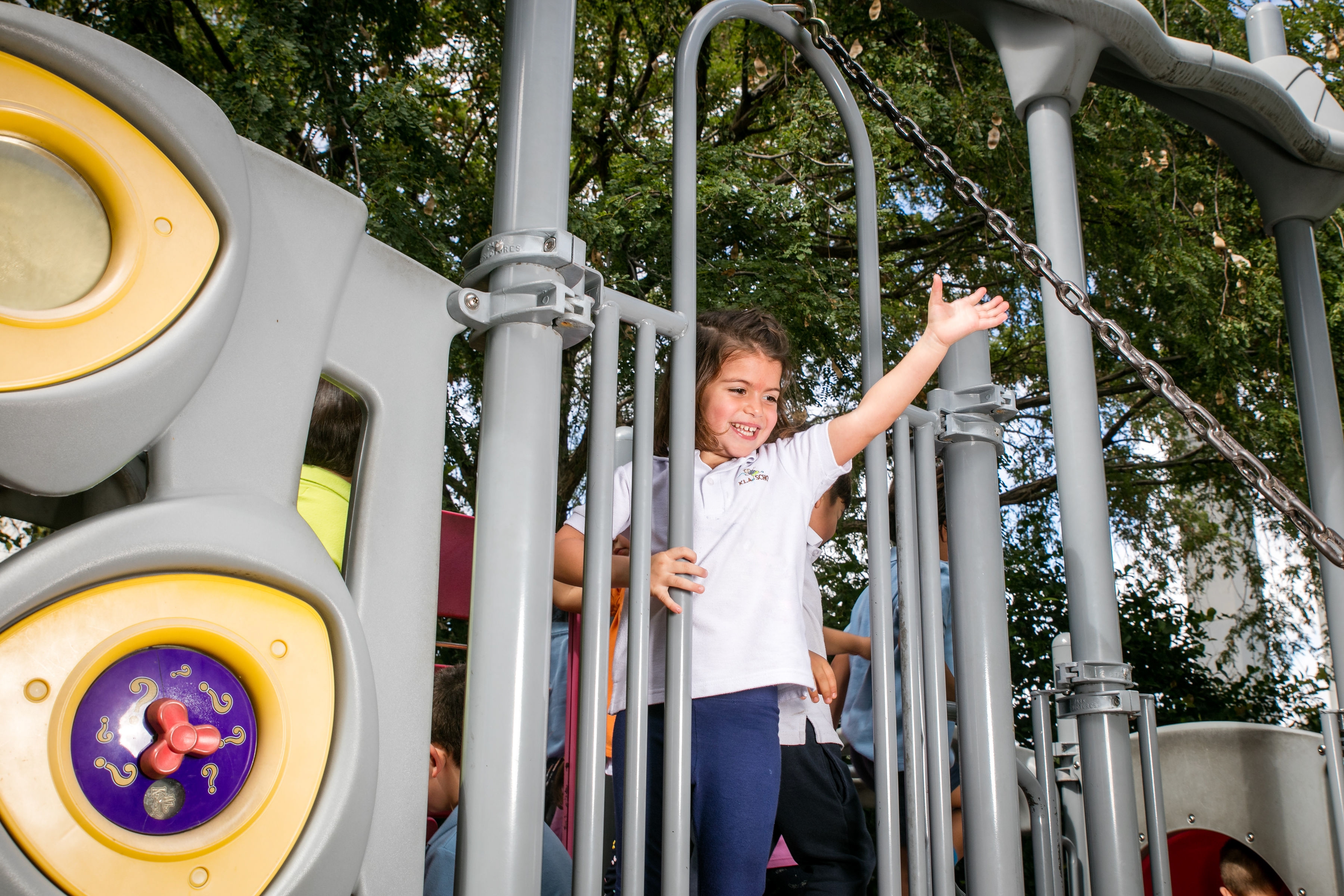Understanding Toddler Tantrums
Topics: Parenting
Age Range: Preschool
Tantrums are a normal facet of early childhood development, but they can feel overwhelming – both for your child and for you. Here are some reasons why toddlers have tantrums, and how you can help them through it.
Why do toddlers have tantrums?
- Because toddlers don’t yet have the vocabulary to express their feelings like older children or adults, they can get frustrated. This can happen when they feel like they’re not being understood properly, or when they feel they can’t properly communicate.
- At toddler age, the brain’s prefrontal cortex isn’t fully developed. This area of the brain is associated with self-control. Stress can easily overwhelm this underdeveloped part of the brain.
- Some of the most common reasons for tantrums are anxiety, hunger, tiredness, being uncomfortable, sensory processing issues, or a desire for independence.
- Toddlers usually aren’t having a tantrum on purpose. They may have inadvertently learned that a meltdown gets them what they want.
Tips to support your toddler through a tantrum
Try these tips to help your child before, during, and after a tantrum. Above all, remain calm and compassionate. Ensure your child knows you love them and are there to keep them safe.
- Understand your child’s tantrum triggers. For example, avoid taking them on errands close to naptimes when they might be tired and cranky.
- Praise positive behavior. If you notice your child is doing something positive like sharing a toy, reinforce this behavior with praise.
- Give your child a small amount of control. Try letting your child make independent decisions in a controlled environment. For example, you can ask them to choose one of three shirts to wear that day.
- Stay calm. If your child is having a tantrum, resist the urge to give in and inadvertently reinforce the behavior. Instead, try to ignore it, distract them, or move your child to a different area.
- Discuss your child’s feelings. After a tantrum has passed, give your child a hug and have an empathetic, two-way conversation about the experience with them. This can help you both understand what happened and why, and figure out what to do next time.
- Teach your child coping strategies. When your child is calm, help them practice some self-soothing behaviors for the next time they feel angry or anxious, such as singing their favorite song, leaving the room, or taking three deep breaths.
- Talk to your child’s preschool teacher. A good preschool is your parenting partner, so feel free to ask your child’s teachers if they have any tips and coping strategies you can use to support your toddler when it comes to tantrums.
As your toddler grows and builds their cooperation, communication, and emotional regulation skills, tantrums usually stop naturally. These tips can help you understand your child’s tantrums, and support them through it.

